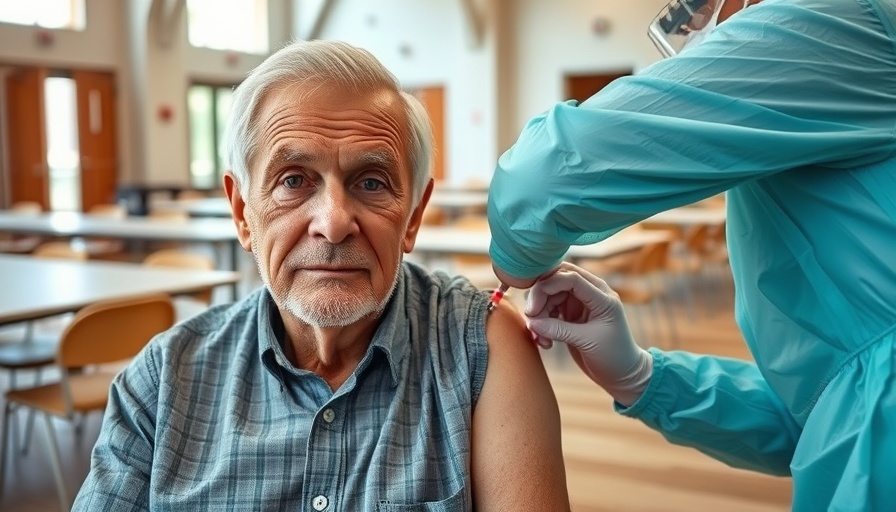
The Growing Role of Nurse Practitioners in Geriatric Care
As the senior population in the United States witnesses unprecedented growth, the healthcare landscape is evolving to meet their needs. Nurse practitioners (NPs) are becoming essential in this transformation, especially as the number of geriatricians declines significantly. Stephanie Johnson, a nurse practitioner dedicated to treating older adults, exemplifies this trend as she navigates her busy schedule, providing crucial care to patients like Ellen, a nonagenarian facing multiple health challenges.
The increasing reliance on nurse practitioners has ignited discussions among healthcare professionals about the future of geriatric care. According to the Health Resources and Services Administration, there's a projected 50% increase in demand for geriatricians by 2030, while simultaneously, many are expected to retire, leaving a noticeable gap in healthcare accessibility for older adults.
Understanding the Need for More Geriatric Care Providers
Currently, fewer than 7,600 geriatricians are anticipated to practice in the coming years, highlighting a pressing need for healthcare delivery systems to adapt. Nurse practitioners are often the first line of communication for elderly patients and their families, engaging in sensitive discussions about end-of-life care, chronic disease management, and overall health maintenance. Their holistic approach allows them to support not only the patient but also their family members involved in care.
Challenges and Solutions in Senior Healthcare
The growing geriatric population brings forth various challenges when it comes to healthcare provisioning. Older adults typically have complex medical histories and require tailored treatment strategies addressing their unique needs. NPs like Johnson are stitching together communities of care that emphasize accessibility, empathy, and proficient medical intervention.
Supplementary education and support for nurse practitioners specializing in geriatrics can empower more professionals to fill this widening gap. Furthermore, enhancing collaboration between NPs and geriatricians could foster a more integrated approach, ensuring comprehensive care for older patients. Various community health initiatives are being launched across states, aimed at bolstering the capabilities of nurse practitioners and offering them additional resources.
The Future of Geriatric Healthcare: Predictions and Opportunities
Looking ahead, the healthcare industry may see a shift in the general perception of nurse practitioners and their roles in specialty care. This evolution comes with several opportunities:
- Education and Training: Increased focus on training NPs in geriatric care can boost healthcare quality and efficacy for older patients.
- Policy Changes: Emphasizing nurse practitioners' roles in healthcare legislation could enhance their integration into geriatric care teams.
- Telehealth Expansion: Leveraging telehealth options, especially post-pandemic, allows NPs to reach homebound seniors or those with mobility issues more effectively.
The combined efforts of healthcare practitioners in adapting to emerging trends will be paramount in addressing the growing needs of seniors and their families.
Conclusion: Acting Now for a Decade of Change
As we reflect on the current healthcare landscape and the impending demographic shifts, the role of nurse practitioners will be more critical than ever. Engaging in proactive measures can ensure that care remains accessible and effective for the aging population. For residents of Marin County and beyond, recognizing the value of these healthcare heroes is essential. If you are interested in supporting local healthcare initiatives and learning more about the evolving roles within the industry, now is the time to get involved.
 Add Row
Add Row  Add
Add 




 Add Row
Add Row  Add
Add 

Write A Comment